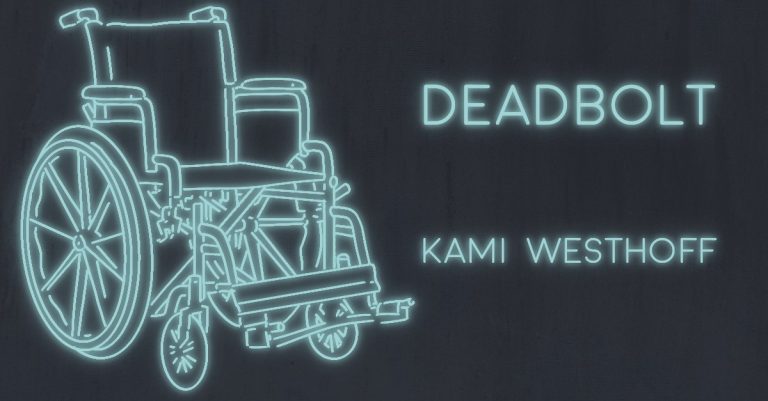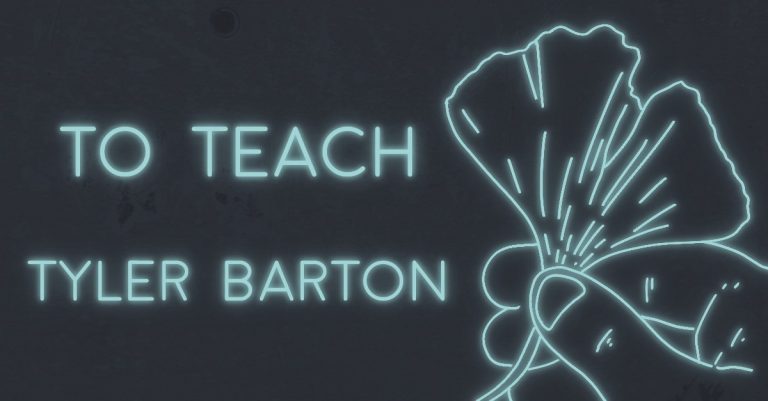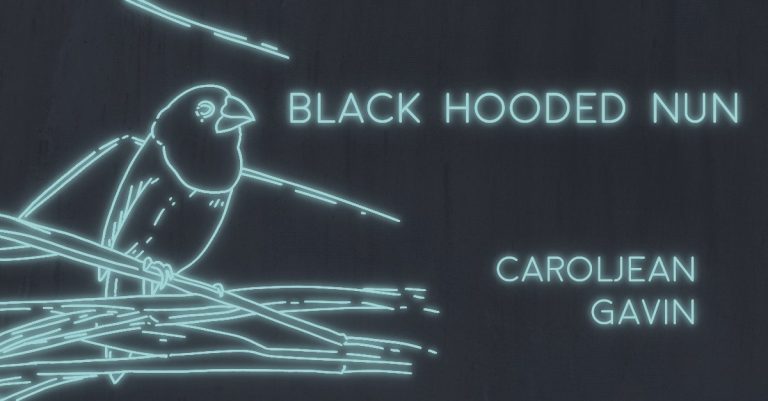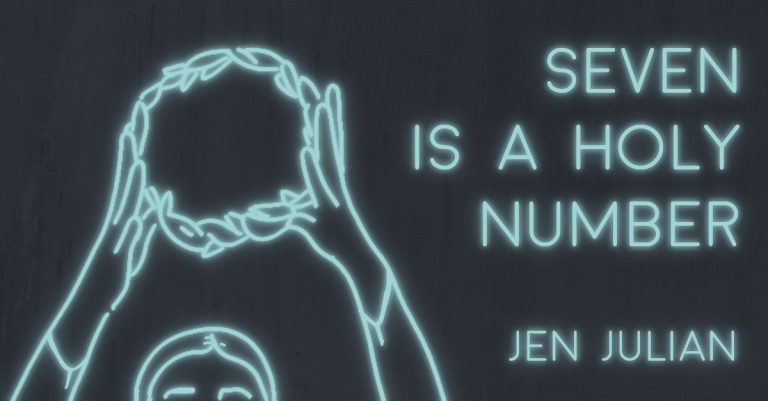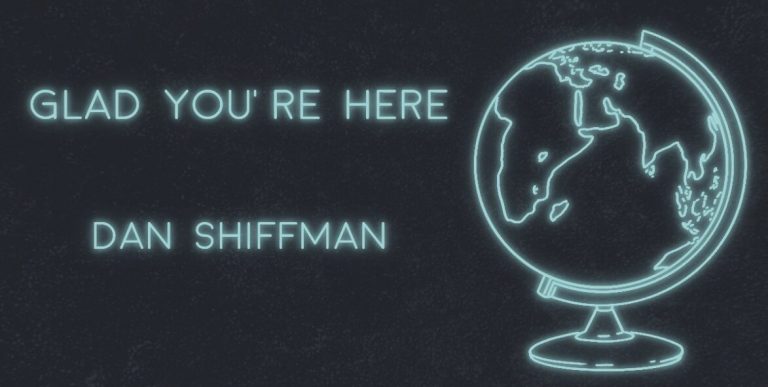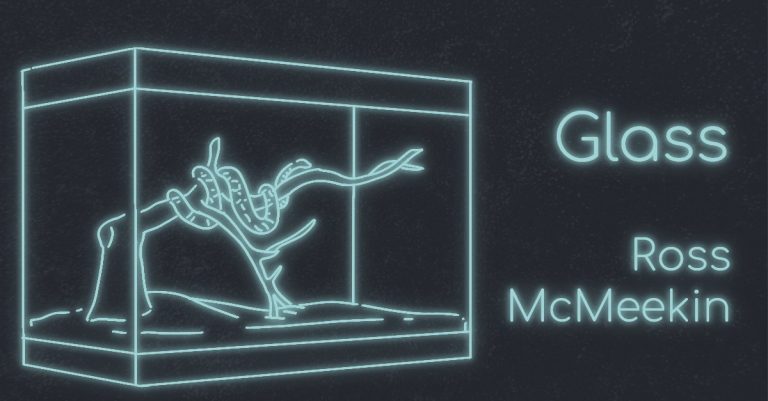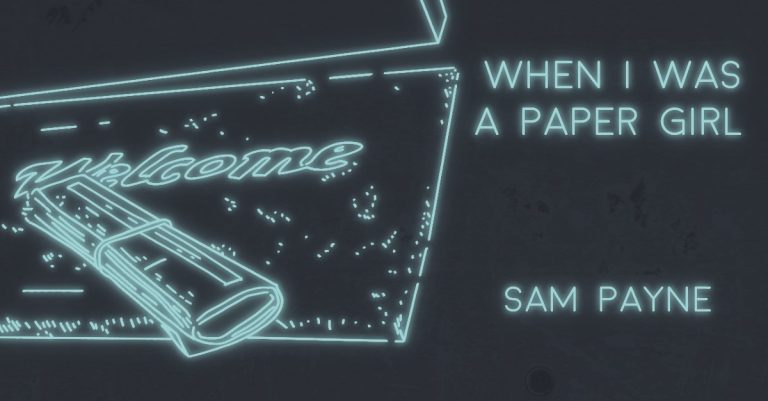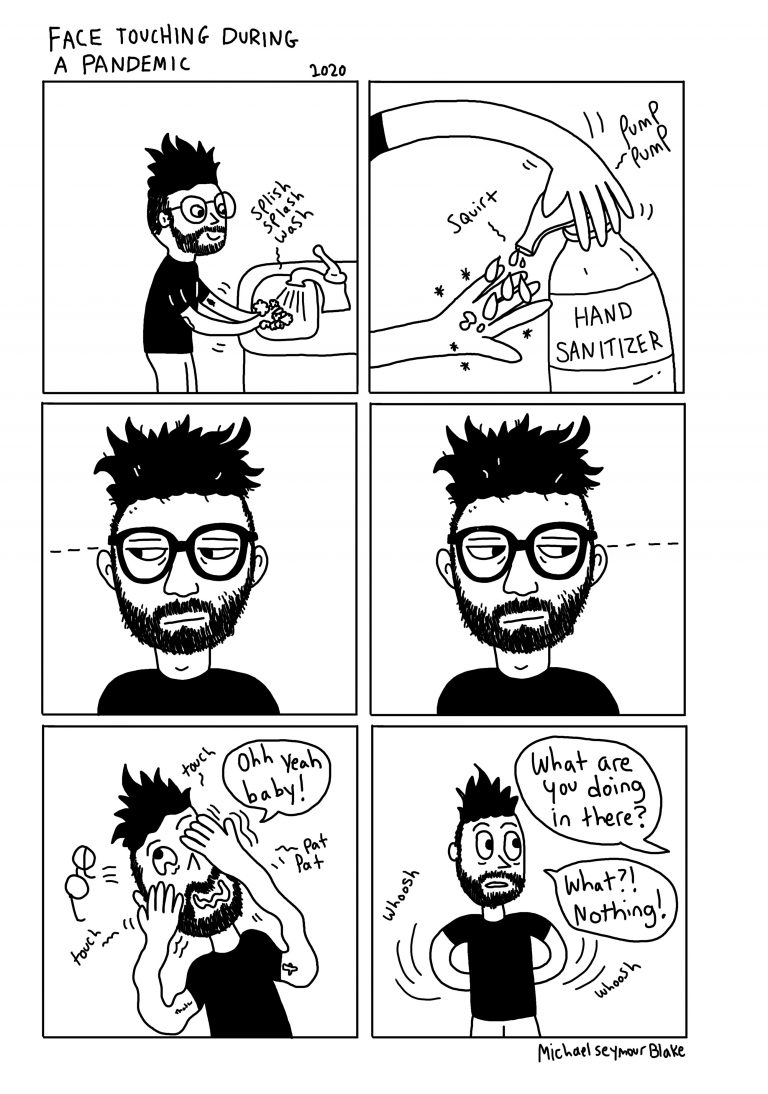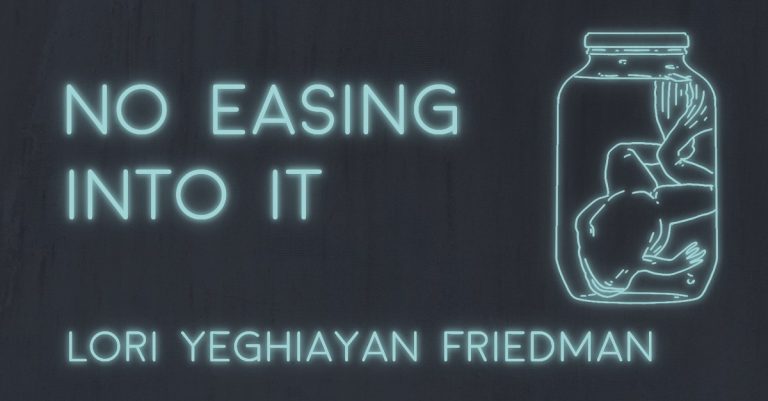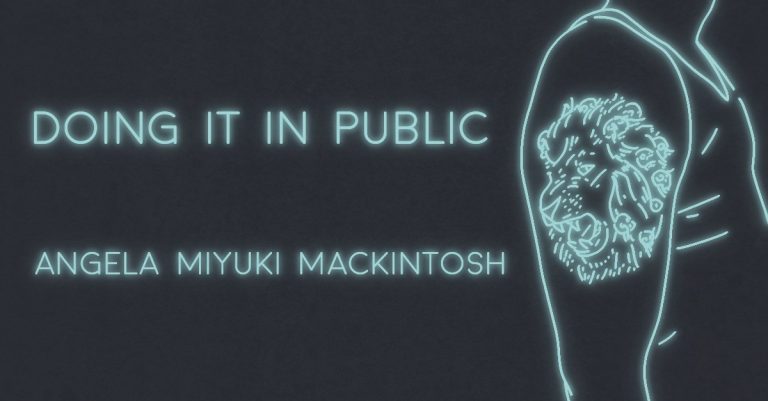
DOING IT IN PUBLIC by Angela Miyuki Mackintosh
Joey likes to do it in public. Other guys prefer the privacy of a locked door, a secluded bedroom, drawn curtains. Joey likes to do it that way too, in the bedroom or the kitchen or the hallway, pushed up against a wall or shoved into the carpet, but he’s not afraid to do it in front of an audience.
The first time he did it outside of our apartment was at a party, after he caught me looking at another guy. He said, “You want to fuck him, don’t you?” I guess it made him really hot, got him going and whatnot. We went at it on the concrete stairway outside—my ass against the railing, then on the steps, my fingernails digging into his flesh, moaning and screaming. We were so loud that everyone in the party came out to watch. I felt a deep sense of shame while he was doing me that first time.
The second time he did it, I felt my shame start to evaporate. It was in the parking lot, after a nice dinner at Angelo’s and Vinci’s, and I’d ran into the only guy I’d dated prior to Joey and hugged him. I guess knowing that there was someone before him made him want to do it. He did me on the hood of my Honda, and then on the yellow painted lines of pavement, our takeout pasta spilling onto the sidewalk.
After the third time he did it, the shame disappeared and I felt nothing at all. We were at Lake Havasu on spring break getting fucked up on piss warm Tecates and tequila, a sea of boats docked side-by-side in Copper Canyon, me in a neon thong, Joey showing off his newest tattoo of a lion with skulls intertwined in its mane, and he wanted to do it in front of everyone. I guess me deciding to dive topless off Jump Rock—heck, it was tradition—and the fact that our friend Sean slapped my ass, made him want to do me right there. Sean even tried to get involved, so did strangers on nearby boats. It was a real show.
Most of the time, Joey liked to do it at band practice. He was a drummer and I sang backup vocals. Our band performed covers of Rolling Stones songs at parties, the occasional Black Sabbath cover, and we always had a jam session. Joey liked to show off by doing drum rolls. He kept a real steady beat—you can imagine how this came in handy—his muscles flexing, the tightness of his neck, his strong hands, him pounding me—bam, bam, bam. I was always sore the next day.
After a year of doing it in public, the last time he did it was after we split up. Our group of friends would go to Magnolia’s Peach on Thursday nights after band practice for Reggae Night because they’d let us in without IDs. I had just slipped by the bouncer when I saw Joey out of the corner of my eye on the side of the line. “Hey!” he yelled. “She’s not twenty-one. You let her in and not me, what the hell!” I was glad he didn’t get in. We had a rough breakup, I swallowed a bunch of pills, and the police were involved. I wanted to forget all that.
Magnolia’s Peach served Budweiser long necks, and to save money I’d stash some in a cooler in my car, go out the side entrance, and sneak them back in again. But I wasn’t going out for a beer that time; I was going out for a cigarette. The sun was just setting, the sky filled with orange and purples, fading like a bruise into grainy grey dusk. I opened a new pack of Camel Lights and lit one, feeling the smooth burn against the back of my throat. Right as I exhaled, Joey walked up. “I saw you dancing with that black guy,” he said. My body tensed because I knew what he wanted to do. It was the same song, every time. Before I could turn back towards the side door, he grabbed me and threw me against the brick wall, pushed his body against mine and lowered his voice. “You want to fuck him, don’t you. You whore.”
I looked around to see if anyone was watching, but they weren’t. A row of empty black metal tables on the side of the building, shaded by large palm trees, the spotlights under them buzzing then flicking on. My nerves were ramping up, my skin now slick, wet. “Yes. I want to fuck him. That’s exactly what I want,” I said. The next thing I felt was my cigarette going into the side of my neck like the hot sting of an angry bee. Then a blow to my left cheekbone. My ears ringing like the feedback from an amp, the world spinning around me. I fell to the concrete, struggling to find footing in my heels. He pulled me up by my long brown hair as I screamed, grasping at his hand, a clump of hair coming loose in his fist. With all my ninety-six pounds of strength, I pushed him away and started to run. He caught me mid-air and hurled me back against the wall, clutched my neck with one hand, and ran his sharp fingernails down the front of my face with his other, forehead to chin, dragging my flesh with it. Then there were people there, watching the show, trying to get involved as always. A man confronted Joey, told him to stay away from me. A woman called the police. Joey ran. The police arrived.
I was sore the next day, as always.
This isn’t a love story.
Never said it was about sex.
Joey’s version of doing it in public was a black eye, a scratched face, a cigarette burn, and the ever-present fingerprint marks around my arm. Other times it was a cluster of purple bruises around my neck and a hard lump to the back of my head. That’s how Joey liked to do it.
I’d like to say that the incident at Magnolia’s Peach was the last time Joey did it in public with anyone, but it wasn’t. Twenty-something years later, I look up his full name on Google and find his mug shot. It says that the 45-year-old, 5 ft 11 in, 200-pound male was arrested in Colorado for the Felony Crimes of Domestic Violence: Coercion, Assault, and Strangulation. Apparently, Joey still likes to do it in public. He just does it with other girls now.

